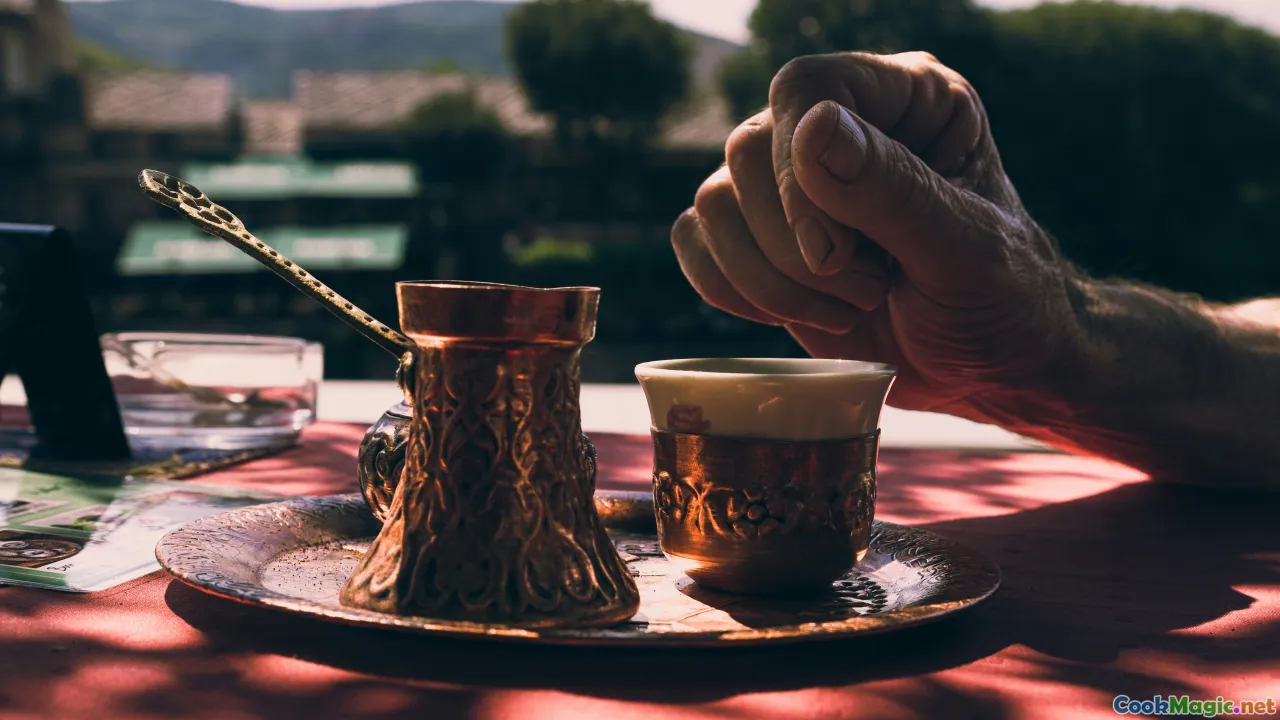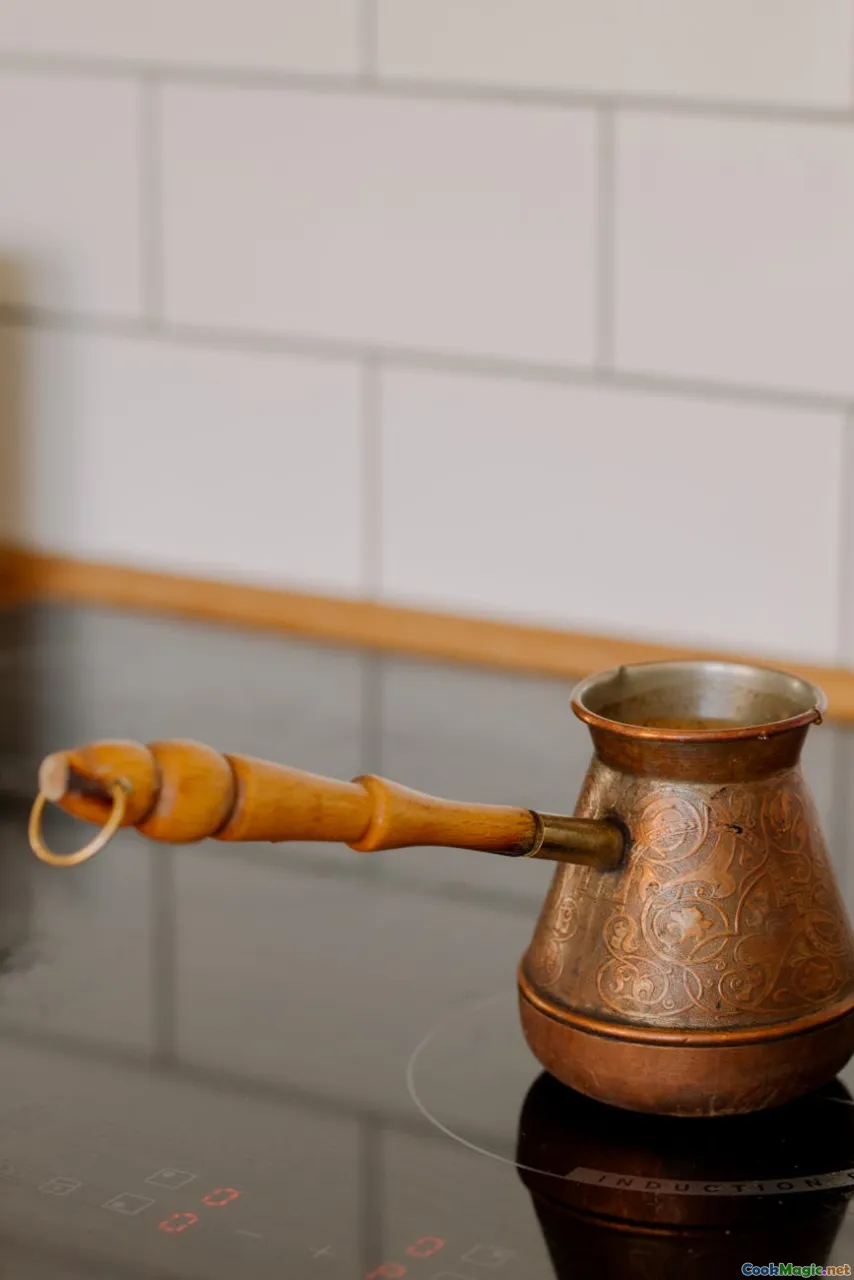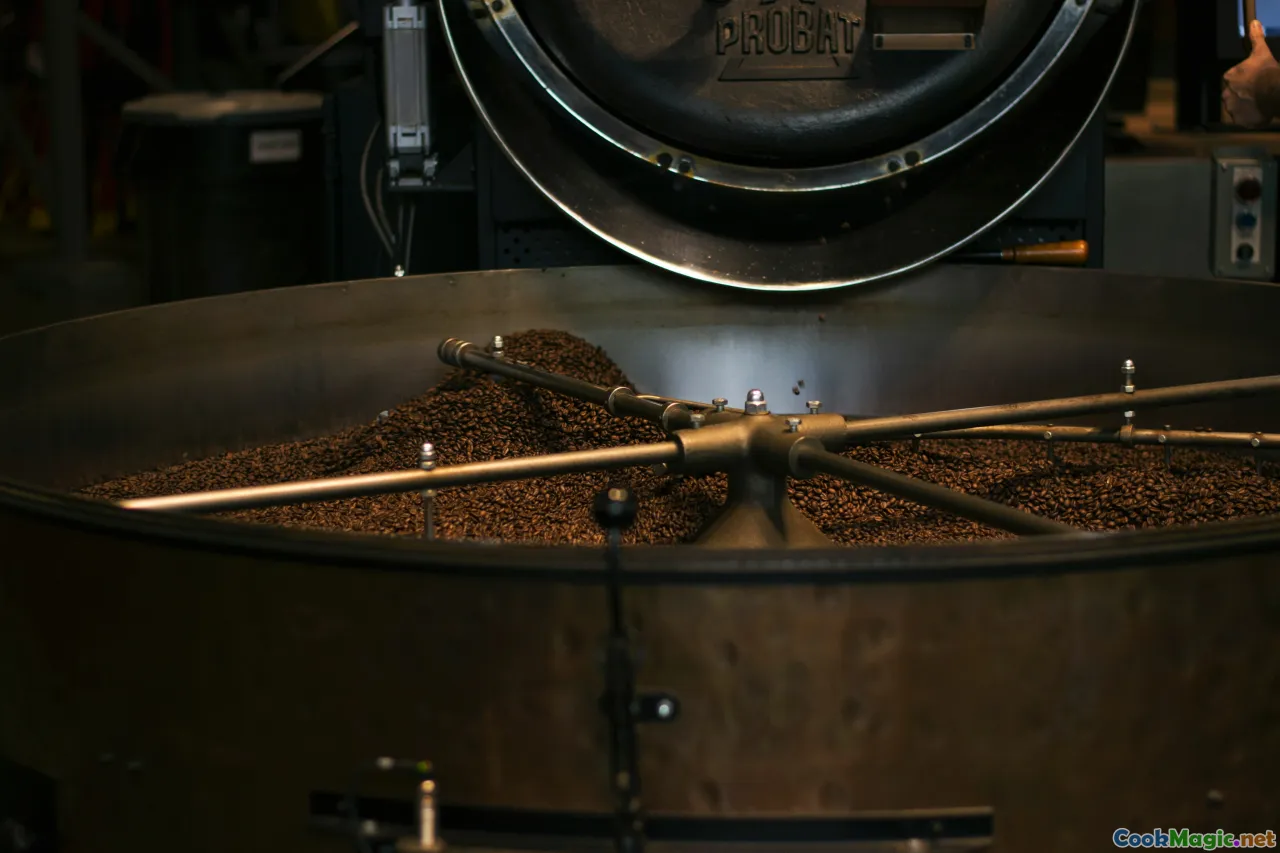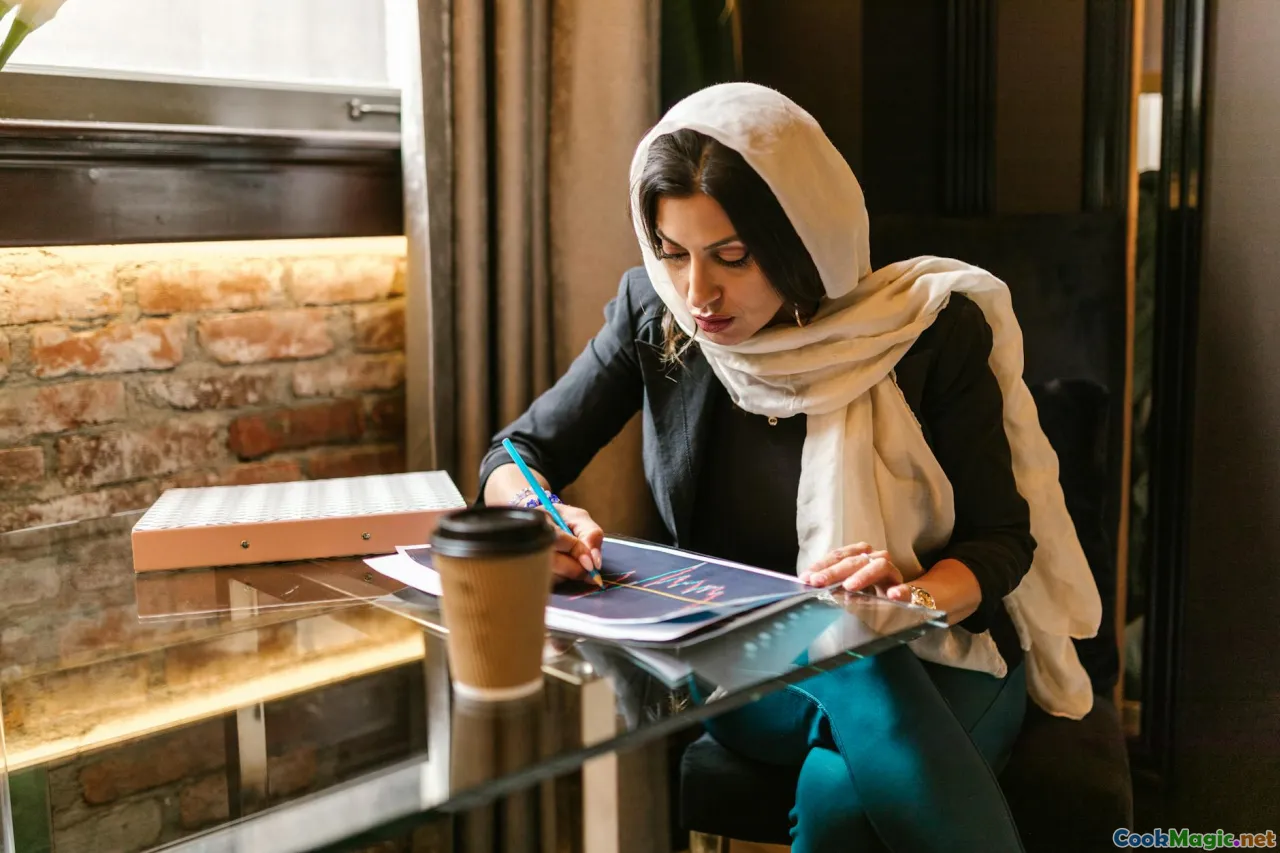Sip by Sip Discovering Kosovar Turkish Coffee Rituals
10 min read Explore the rich traditions and cultural significance of Turkish coffee rituals in Kosovo, showcasing unique brewing methods and social customs. September 28, 2025 18:05
Sip by Sip: Discovering Kosovar Turkish Coffee Rituals
Few experiences evoke the warmth, deep tradition, and cultural identity of Kosovar Turkish coffee quite like the ritualistic process of its preparation and consumption. In the woven tapestry of Kosovan culture, Turkish coffee transcends mere beverage; it’s a ritual that unites communities, marks milestones, and reflects centuries of history soaked into every cup. From the aromatic steam wafting through rustic cafes to the gentle clink of tiny frosted cups, exploring Kosovar Turkish coffee offers a visceral journey—a sensory poetry that tells stories, ignites memories, and bridges generations.
The Heart of Kosovar Coffee Culture

Kosovar Turkish coffee is not just a drink—it's an essential component of social fabric. Sitting through a coffee ritual is akin to entering a sacred space where time slows, conversations deepen, and community bonds strengthen. Coffeehouses in Prishtina, Prizren, and Gjakova exude an ambiance infused with the scent of roasting beans and the murmur of voices sharing stories.
In Kosovo, coffee houses often serve as communal living rooms, warmly decorated with handwoven rugs, intricate woodwork, and low tables. The presence of a cezve, the small long-handled pot specifically for brewing Turkish coffee, is an everyday sight. Watching the slow bubbling of finely ground coffee with sugar — or “sugarless,” “half-sugar,” and “full-sugar” variations — is an unfolding cultural ritual.
The Art of Preparation: A Delicate Ceremony

Preparing Kosovar Turkish coffee is akin to an artisanal craft, passed down through generations with unwavering respect. It begins with selecting the finest, freshly roasted beans—often a dark, oily variety that contributes to its signature richness.
- The Coffee Roast and Grind: Beans are roasted locally and ground to a powdery consistency almost like flour. This fine grind is crucial; too coarse, and the coffee will be weak, too fine, and it may cause overflows.
- Measuring the Coffee: Using a traditional espresso-sized cezve, 1 to 2 teaspoons of ground coffee are added per cup. If sugar is desired, it’s added at this stage—a small cube for full sweetness, or none for bitter, authentic flavor.
- Adding Water and Sugar: Cold, fresh water is poured into the cezve, followed by the sugar. The mixture is stirred gently before placing over low heat.
- The Slow Heating: Patience is paramount. The coffee slowly heats, drawing out intense aromas. The magic appears just as the surface begins to froth—care must be taken to remove it just before boiling over.
The ritual of “going up and down on the heat” repeats, carefully creating a thick foam that lucha for prominence on the surface—an emblem of the perfect brew.
The Pour, the Serve, and the First Sip

Once brewed, the coffee is gently poured into small, tulip-shaped cups—often elaborately decorated, sometimes with gold accents, reflecting the value placed on presentation.
The first sip is a moment of reverence. Kosovo’s Turkish coffee is unfiltered, allowing the grounds to settle naturally, offering a slightly gritty texture that enhances its full-bodied flavor. The aroma—robust, smoky, and sweet—invites you to breathe it in deeply.
For many Kosovars, drinking coffee is a communal act: a spark for heartfelt conversations or silent contemplation. As the foam lingers on top, locals often read their fortunes from the remaining grounds, interpreting patterns as symbols of future blessings.
Cultural Significance and Rituals

In Kosovo, coffee rituals aren’t merely about taste—they serve as cultural anchors. For instance, in rural villages, local women gather at dawn to prepare coffee, sharing stories, laughter, and gossip, reinforcing social bonds.
Special occasions amplify these traditions. Weddings, holidays, and religious celebrations often begin with a ceremonial cup of Kosovar Turkish coffee. The elders have their unique ways of serving—sometimes pouring from a height to create a frothy top, other times adding spices like cardamom for an exotic hint.
A particularly charming custom involves “reading your fortune” in the grounds—a gentle, superstitious fun that invites whispers of hope and curiosity. The grounds are left to dry in the cup, then turned upside down onto a saucer, with the patterns interpreted as symbols of luck, love, or caution.
Modern Twists and the Preservation of Tradition

While the traditional process remains revered, modern Kosovan cafes are experimenting with innovative presentations and flavors—yet the essence endures. Vendors now infuse their brews with spices like cinnamon and cardamom, creating new layers of aroma.
Specialty coffee shops in urban centers serve rare beans and alternative brewing methods, but even in these contemporary venues, the cezve method retains its sacred place—a nod to history amid innovation. Some cafes offer tasting flights, pairing Turkish coffee with sweet treats like baklava, or savory snacks such as burek, emphasizing the coffee’s role as part of a broader gastronomic experience.
Through this blend of old and new, Kosovo’s coffee culture demonstrates resilience, maintaining its heartfelt traditions while embracing progressive tastes.
Practical Tips for Recreating the Kosovar Coffee Ritual at Home
- Use high-quality, locally roasted beans for an authentic flavor.
- Invest in a cezve—the small copper or brass pot that's essential for brewing.
- Grind your coffee finely—almost like flour, to achieve that signature consistency.
- Opt for cold, fresh water—preferably spring water for optimal taste.
- Measure sugar precisely or enjoy it without to taste the intensity.
- Patience is key—brew gently over low heat, allowing full aroma development.
- Create an inviting ambiance with traditional cups, modest decor, and ambient music to evoke the Kosovan experience.
An Invitation to Experience
Really savoring Kosovan Turkish coffee is about more than taste; it’s an immersive encounter with a culture that cherishes community, heritage, and hospitality. Whether you find yourself in a bustling cafe in Prishtina or preparing a simple cup at home, let each sip serve as a window into Kosovo’s soul—a land where coffee is not just a morning ritual but a sacred act of connection.
Next time you brew a cup, slow down, breathe in the deep aroma, and engage fully in its tradition. For in each tiny cup lies a universe of stories waiting to be told—sip by sip.









